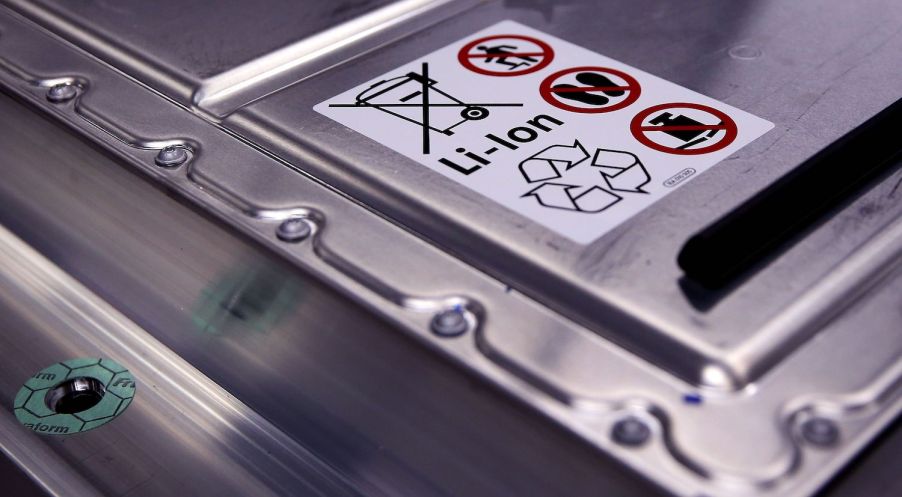
Will Lithium-Ion EV Batteries Get Cheaper or More Expensive?
Are you considering a hybrid or full EV for your next car purchase? The price of lithium-ion batteries affects the price of new electric vehicles, and the price of lithium itself certainly fluctuates over time. The price of lithium-ion batteries is currently falling, but some industry experts warn of a looming shortage that promises to affect the price of EVs.
Lithium-ion EV batteries are getting cheaper

One way to track the changing price of lithium is through changes to the average price of replacement lithium-ion batteries for EVs and hybrid vehicles. Recurrent Auto cites researchers at the Wharton School for Business tracking a 16% drop in replacement battery costs from 2007 through 2019.
Bloomberg’s New Energy Finance branch has been making replacement battery cost predictions since 2016, but the price of these batteries has actually fallen faster than expected. In 2016, the organization hoped that replacement battery costs would drop to $100/kWh by 2030. In 2020 they were already down to $137/kWh so it amended its estimated to 2023.
Some warn of an upcoming lithium shortage

Its unsurprising that automakers can source lithium cheaper than replacement battery manufacturers, just because they buy so much more of it. But interestingly, these OEMs are not building batteries that much cheaper. Mercedes’ Chief Technology Officer–Markus Schäfer is still chasing the $100/kWh mark, according to Yahoo News.
Schäfer has identified the $50/kWh mark as the point at which EV costs might rival the cost of traditional internal combustion vehicles. But he does not foresee hitting this goal with the battery technology currently available. He specified, “The chemistry, honestly, if we’re staying with the ingredients we have today … there’s not that breakthrough foreseeable.”
Yahoo News explained that the breakthrough Schäfer is referring to will allow Mercedes to build batteries with less lithium: The demand for lithium batteries is on pace to far outstrip the capacity of current rare-earth metal mines. Earth has more deposits of lithium, but bringing mines online is complicated and expensive.”
When will new technology make lithium-ion obsolete?

New battery technology for EVs and hybrids is big business right now. Most automakers and many other companies are hard at work on a battery that can break that $50/kWh mark. Others are pursuing battery technology that could reduce EVs’ weight or increase their range.
Some battery technologies currently in development could circumvent a looming lithium shortage by requiring less lithium per kWh. The question is when they will be available, if ever.
Stellantis, for example, claims it is developing an all-new solid-state battery that could double EV range. The automaker hopes to introduce this battery during the second generation of its Ram 1500 EV. The first generation of this electric pickup is targeting a 2024 release date.
See CNBC’s deep dive into the ramifications of a possible lithium shortage in the video below:



